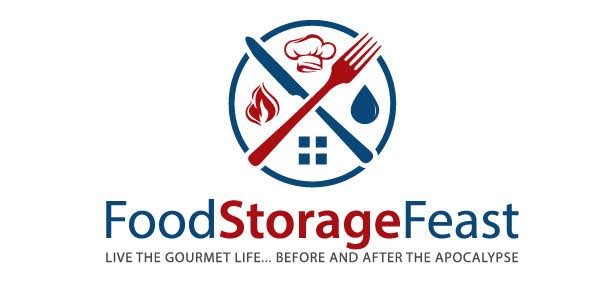Everyday emergencies & catastrophic devastation
If the word “crisis” evokes images of mushroom clouds and underground bunkers, realize that these things are possible.
We live in a crazy world, one where social, political and financial pitfalls are everywhere. Russia, China, and many other nations that are considered adversaries of the USA still hold the keys to massive stockpiles of cold-war-era nuclear weaponry. The old threat, and, to some degree, the Mexican-standoff nature of the situation still exist. So much so that our government carefully monitors every nuke launch site 24-7-365. Every major city and strategic target in the US has nukes pointed at it. These same countries have developed other large-scale weapons such as EMP bombs that, if delivered properly, could devastate our electrical grid.
Speaking of the electrical grid, it doesn’t take a Tom Clancy-worthy EMP weapon scenario to wreak havoc there. Solar storms are a thing, and in 2021 we’re seeing a dramatic increase in solar activity.
The disasters we are most likely to face are personal ones, like job loss, a serious injury or illness, or a death in the family. While these crises are hardly fodder for a Hollywood end-of-the-world blockbuster, they can certainly seem like the end of the world when they happen to you.
On your personal day of reckoning, food security is a solid rock under your feet. Simply knowing what you’re going to make for dinner frees you up to focus on solving bigger problems. If your problem is even partly financial, having the option to not eat out removes one more burden from your mind.
Stored food is a financial cushion. With six weeks’ worth of food in your pantry, you could stretch it to ninety days and drop your regular grocery bill by half – and cut the immediate stress of a job loss in half as well.
Most financial planners recommend maintaining emergency savings equal to several months of living expenses. A moderate amount of stored food is financial planning at the most basic level, an insurance policy without any fine-print gotchas. Try finding another insurance policy where you can literally eat the premiums!
The mainstream media revels in portraying the prepper as a wide-eyed, paranoid loon with an aluminum-foil beanie and a coronal mass ejection fetish. This is both juvenile and wildly inaccurate. In the real world, responsible adults invest in tangible assets and insurance as a hedge against life’s inevitable downturns, whether nuclear war, house fire, or job loss.
Just a couple of generations ago, securing a stockpile of food was considered normal behavior. We find evidence of this in houses built a hundred years ago, which typically have huge pantries, designed to accommodate a generous gastronomical insurance policy.
The exponential changes of the 20th century brought us the just-in-time inventory system. Goods are in constant motion, because it costs everyone money when they stop, and stores only have about three days’ worth of food on the shelf at any one time. The modern consumer responded by learning to live hand-to-mouth out of the convenience store and the supermarket, like a traveling salesman out of a suitcase.
The result was that the pantry shrank, until it became just the last way station at the end of your food’s long slog from the field to the factory to your belly. The only leverage left in this system is the kind that can be used to control you.
